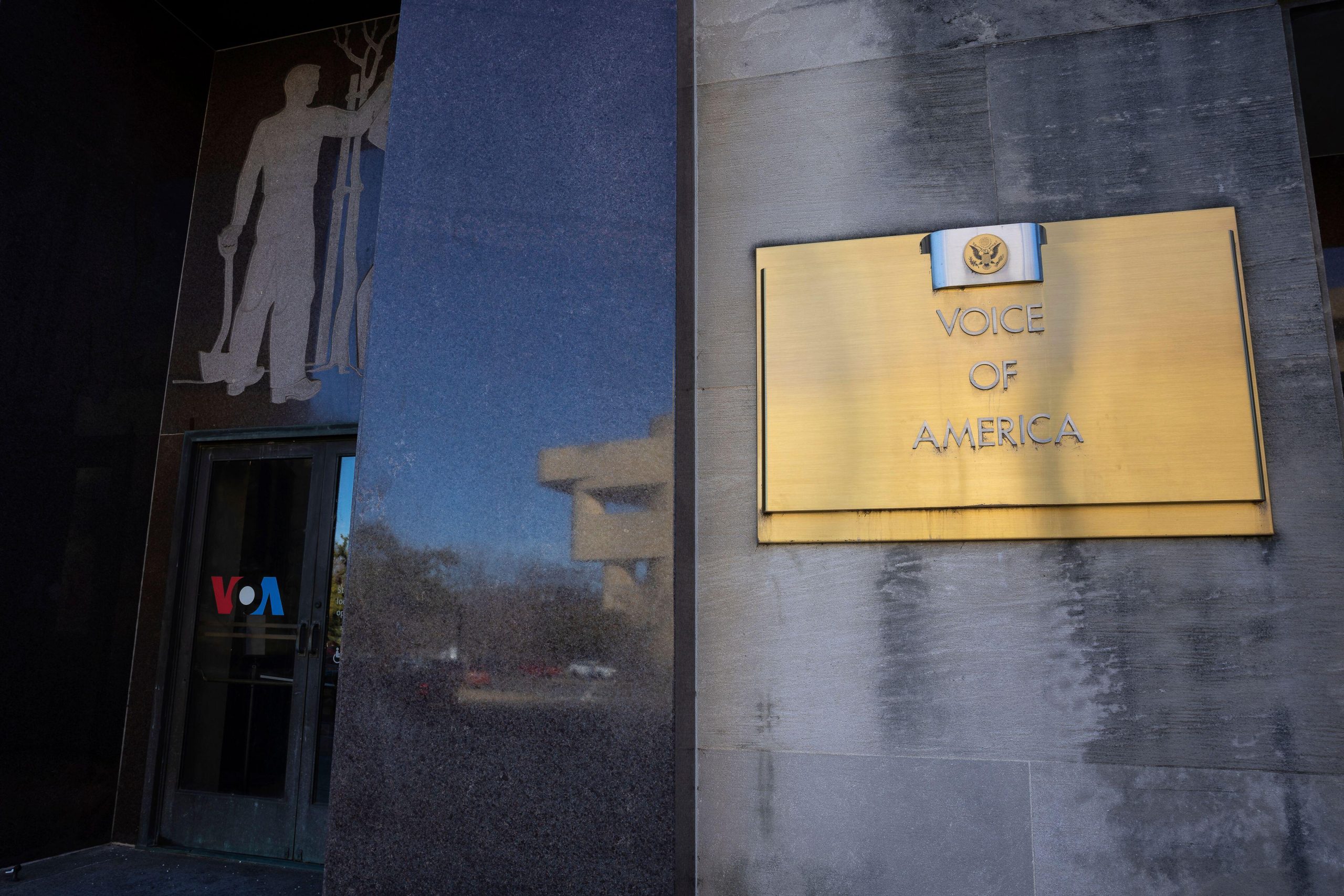[vc_row][vc_column][vc_single_image image=”113057″ img_size=”full” add_caption=”yes”][vc_column_text]Donald Trump tells a US reporter that her questioning is “horrid”, Jair Bolsonaro dismisses Covid-19 as a media conspiracy and the Spanish prime minister is petitioned by over 400 journalists to answer more questions. These incidents from leaders of the USA, Brazil and Spain are part of an emerging trend we are tracking on the Index on Censorship global map monitoring media freedom violations during the coronavirus pandemic. The map has been put together by our staff, our contributors and readers as well as our partners at the Justice for Journalists Foundation.
Several leaders around the globe are finessing the art of question evasion during this critical time, as highlighted by the map. In fact, some leaders have gone as far as supporting this kind of behaviour with legislation. Brazil’s President Jair Bolsonaro has issued a provisional measure which means that the government no longer has to answer freedom of information requests within the usual deadline. Marcelo Träsel of the Brazilian Association of Investigative Journalism has called the measure “dangerous” as it gives scope for discretion in responding to requests.
The measure comes after weeks of Bolsonaro being questioned about his own health following a visit to the USA in which more than 20 people in his entourage tested positive for coronavirus after. When pressed on whether he too has it, he has made claims that he has had two negative tests, but refuses to show the results of either. To this day Brazilians don’t know whether he has the virus or not. Bolsonaro has also repeatedly dismissed coronavirus as “just a little flu”, “a bit of a cold” and as a media trick.
US President Trump has his own distraction technique when it comes to journalist questions – defensiveness and lashing out. Just this week, when asked about testing failures by Fox News reporter Kristen Fisher he responded: “You should say ‘congratulations, great job,’ instead of being so horrid in the way you ask a question.”
He’d employed similar words a few weeks earlier when NBC News journalist Peter Alexander asked: “What do you say to Americans, who are watching you right now, who are scared?”
“I say that you’re a terrible reporter. That’s what I say. I think it’s a very nasty question and I think it’s a very bad signal that you’re putting out to the American people,” he replied.
Another way of dodging the question is simply to deny coronavirus’ existence. Turkmenistan is excelling here. Reports have swirled around the internet that the word “coronavirus” is forbidden in Turkmenistan. Upon investigating, Index have not found sufficient evidence of this. What we have found evidence of though are credible reports that the virus is indeed in the country and has taken lives. A well-known writer from Turkmenistan has told Index that while the word coronavirus is not forbidden (and indeed is occasionally used by President Gurbanguly Berdymukhamedov himself on television), “the Turkmen government completely denies that coronavirus is present in the country”.
“At the same time, according to alternative information from the inside, in Turkmenistan, dozens of people die from the coronavirus daily since mid-March. However, everyone who dies of coronavirus gets another devised diagnosis, e.g. influenza, high blood pressure, food poisoning and so on,” he said.
This trend is deeply troubling. Knowing as much about a deadly, incredibly contagious virus that is spreading in your country is essential information. Journalists have every right to ask questions about it and should be receiving honest, accurate information in return. When these leaders withhold and barriers are put up, the situation is exacerbated and more people’s lives are put at risk.
Of course when it comes to some of the leaders and governments, their reluctance to engage with the media is nothing new. Bolsonaro has appeared on Facebook raging against journalists several times in the year he has been in power, while Trump has famously kicked media out of the room. But coronavirus has given a new lease of life to these tactics – with consequences that will become more devastating as the days pass.
Fortunately, there has been pushback. In Spain, politicians’ refusal to engage with media has led to an open letter being signed by over 400 Spanish journalists. They asked the government to revise the new policy which demands questions to be sent to the press secretary, who can chose to ask them, or not, thereby impacting journalists’ ability to hold power to account. And MEPs in Europe have said they will keep an eye on legislation that is being passed in EU member states in the name of coronavirus to ensure that it is proportionate, justified and doesn’t hamper human rights.
We hope these measures are effective at curtailing this trend. There is no good time to shut out and attack the media, not least during a global pandemic. In the meantime, we’ll continue to map.
If you know of any incidents of attacks against the media as a result of coronavirus, please report them to our map here.[/vc_column_text][/vc_column][/vc_row][vc_row][vc_column][/vc_column][/vc_row]






